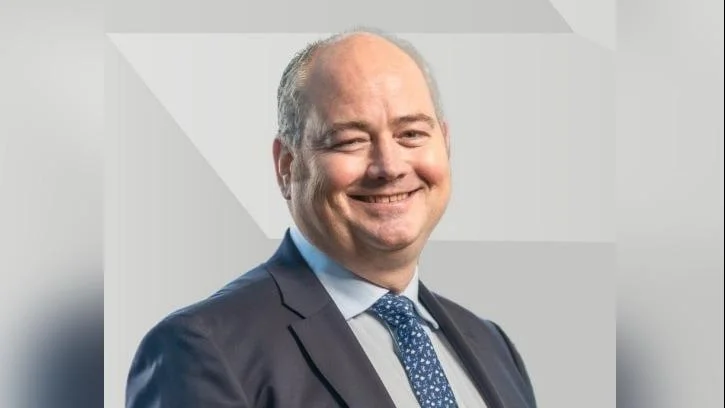At the recent NAB Business Summit, National Australia Bank chief executive Andrew Irvine identified three key challenges affecting Australia's productivity and long-term prosperity. He pointed to rising energy costs that are impacting manufacturing and economic growth, a housing crisis limiting both immigration and home ownership, and jobs growth centered in low-productivity areas such as the public service and care economy.
“You need the care economy because we’re getting older, but we’ve got to have less civil servants and enable businesses to hire because right now we suffocate them with red tape,” Irvine said at the summit. “The problem is we’ve been talking about (these issues) for 10 years. We’ve got to stop talking about it, push into it and start acting.”
Irvine addressed NAB customers alongside Business and Private Banking Group Executive Andrew Auerbach and Corporate and Institutional Bank Group Executive Cath Carver. The event followed an economic reform roundtable hosted by the Albanese Government.
Artificial intelligence was highlighted by Irvine as a possible way to address weak productivity. He compared its potential impact to previous industrial revolutions brought on by electrification, automobiles, mobile phones, and the internet.
“We’re talking about something that is going to change how we live and work, profoundly. That’s a fact,” he said. “Of course, at NAB, we’re going to take advantage of it or we will not exist as a company in 50 to 100 years. Companies like Kodak and Blockbuster go away if they don’t take advantage of big things. Every big industrial wave destroyed lots of jobs and created lots of new ones. That’s the nature of creative destruction."
“But what I will say, and this is really important, is that AI is not going to take away people’s jobs. People using AI are going to take the jobs of people not using AI. We’ve got to get people to learn and not have fear.”
Irvine also noted some ongoing challenges for businesses including tariffs, cashflow constraints, and global volatility but observed positive trends emerging in the economy.
The recent reduction in interest rates has eased pressure on households while the Reserve Bank works toward achieving a soft landing for the national economy.
Business confidence indicators have improved according to Auerbach: “In fact, our confidence indicators are actually at levels we haven’t seen since 2022, so I think there’s just an enormous opportunity in front of us as we think about all of this geopolitical uncertainty."
“I believe Australia can be a great beneficiary of that.”
Carver commented on capital flows shifting from international markets towards Australia: “At the same time, we’ve got big pension funds from Canada and Europe coming into Australia and spending billions, whether it’s in agri or renewables,” she said.
“So as sentiment slightly improves or stabilises at a high level, I think we’ll see more of that de-risking out of the US because there’s actually a lot about Australia that makes it very attractive compared to other countries around the world."
“We’re far more stable with a centrist-type government, and if you go and talk to clients in Europe there’s a lot to be worried about."
“How do they fund decarbonisation, or the cost of energy or access to energy? There’s no growth in the UK, and there’s the government and regulatory environment. It’s a tale of many different stories depending on where you have your business.”
After eleven weeks leading NAB's business bank division, Auerbach emphasized simplifying processes for bankers: “AI is a huge part of that,” he said.
“As we think about process simplification, we’re already deploying workflow that simplifies the amount of time it takes to get to (a yes decision). So a big part of my job and a big part of how we work is simplification. It’s a core part of what we’re doing in the company.”

